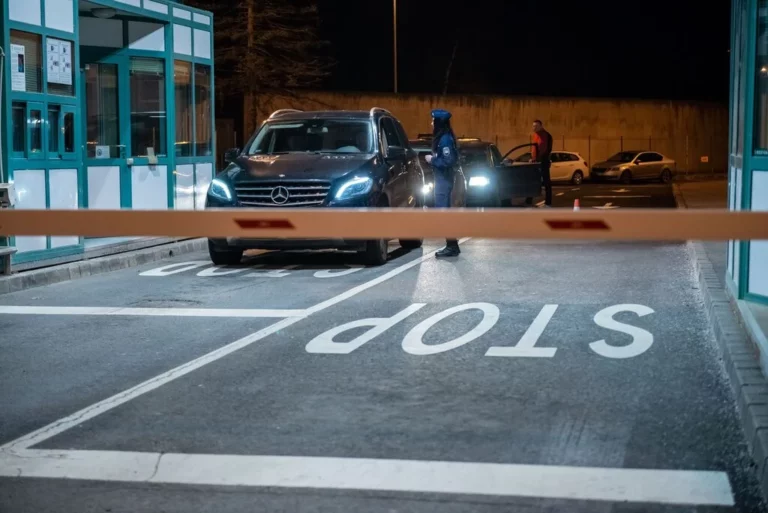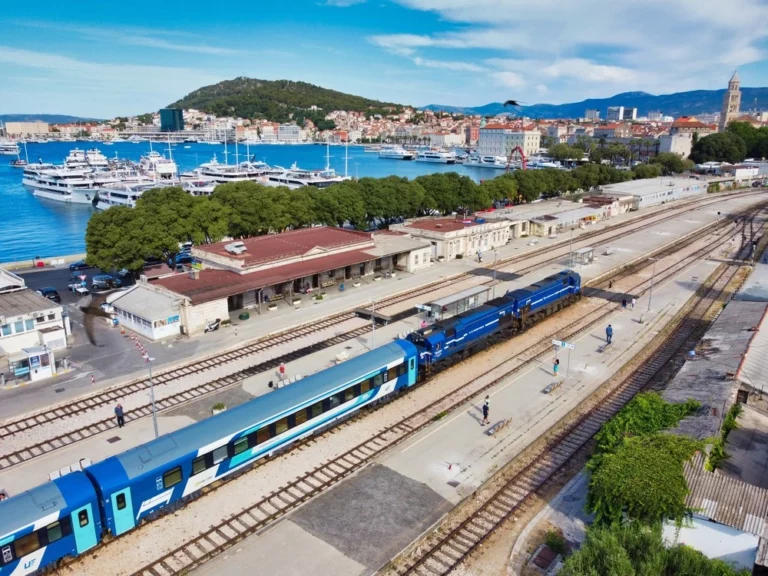Croatia
Coca-Cola consumers hospitalised in Croatia, no need to fear in Hungary

BREAKING: Slovenia introduces border controls at Hungarian border

Here is MÁV’s big announcement concerning Budapest-Adriatic trains: you will be happy

Hungary presents school packages in E Croatia

Hungarian tourists commit crime at Croatian beach, police react quickly

Hungarian researcher of the Tibetan Book of the Dead mysteriously vanished, he is not the only one

Get ready: Western fuel prices approaching in Hungary

Hungary will rebuild a Croatian school

Hungarian passengers waited for 28 hours at Zadar airport after Ryanair didn’t pick them up

Russian government official: Orbán wants Ukraine’s Transcarpathia, parts of Romania, Croatia

PHOTOS: Greatest Hungarian king’s earthly remains to be uncovered due to outstanding discovery!

Hungary to protect pigs from deadly virus

Hungarian motorway reaches Croatian border, runs into nowhere – PHOTOS

Hungary among the best destinations for solo travellers!
Bounce, which offers luggage storage options in cities around the world, has sought out the best, safest and most affordable...
Hungarian delegation visits Croatia geothermal plant

Is the Croatian coast or Lake Balaton cheaper?

Croatia helicopter crash: Coffins of Hungarian victims taken home

Hungarian leaders from Romania, Ukraine, Serbia, Croatia met at the Adriatic





 ZH
ZH IT
IT DE
DE HR
HR NL
NL FR
FR JA
JA RO
RO RU
RU ES
ES TR
TR
